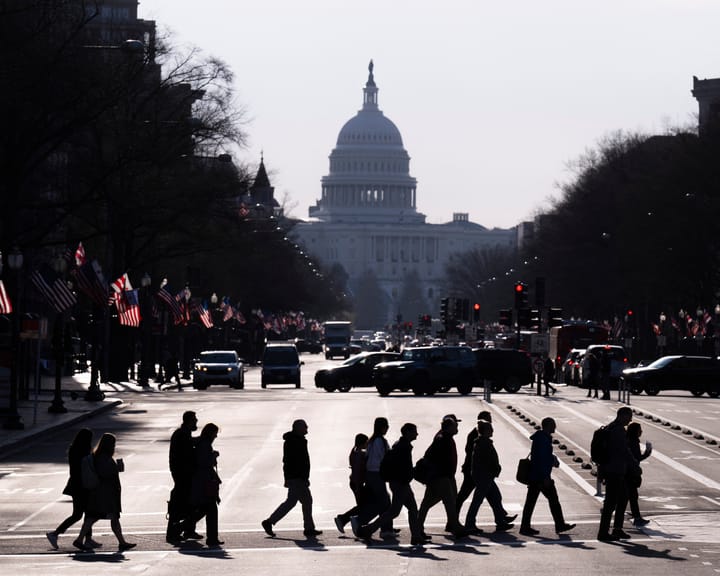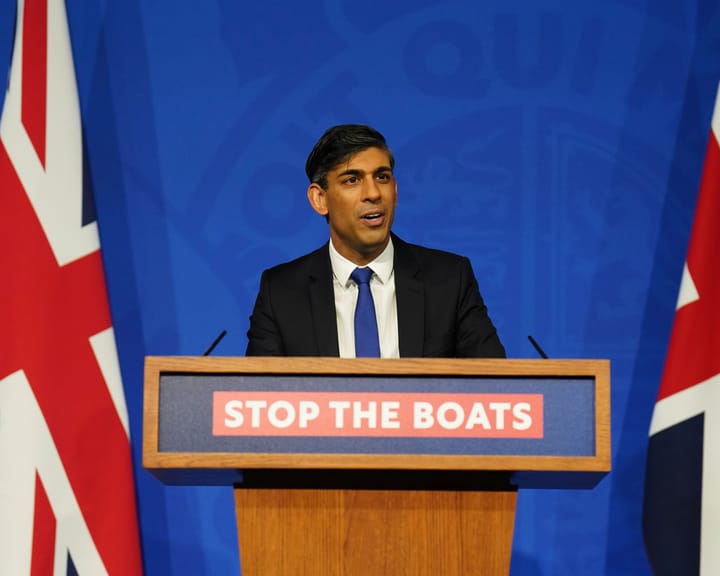One of Keir Starmer’s senior ministers has acknowledged that the government’s retreat on welfare reforms will come with financial consequences, as a prominent economic research group suggested new tax increases may now be more probable.
Pat McFadden, the chancellor of the Duchy of Lancaster, supported Starmer and Liz Kendall, the work and pensions secretary, after a key provision was dropped from the government’s welfare legislation to secure its passage through the first Commons vote.
“Above all, we stand together,” McFadden stated in an interview with BBC Radio 4’s *Today* when questioned about Kendall’s position following the decision to abandon proposed reductions to personal independence payments (Pip) to prevent a potential defeat.
However, with projected annual savings of £5 billion from Pip adjustments now off the table, McFadden admitted this would impact budget preparations for the autumn.
“You cannot allocate the same funds twice,” he said. “I recognize there is a financial impact from yesterday’s decision, but everything will be considered when the budget is finalized.”
The universal credit and personal independence payment bill passed its second reading on Tuesday evening by 335 votes to 260, a majority of 75.
Forty-nine Labour MPs opposed the legislation—more than three times the number who rebelled last month when 16 voted against the government on amendments to the planning and infrastructure bill.
Helen Miller, the director of the Institute for Fiscal Studies, noted that the absence of savings from Pip revisions makes tax increases “more likely” in the upcoming budget, warning that Chancellor Rachel Reeves now has “very little flexibility.”
The current version of the welfare bill would generate no savings, Miller told *Today*: “By the end of this parliamentary term, the government will have saved nothing.”
With the £5 billion no longer available, along with an additional £1 billion lost due to the recent reversal on winter fuel payments, much of Reeves’s fiscal margin has disappeared, Miller added, especially if growth projections are revised downward.
Read next

"Democrats blame Trump tariffs for job losses, rising prices, and market decline – live updates"
'Costing Jobs and Raising Prices': Democrats Criticize Trump Over Tariffs and Weak Employment Data
Democratic leaders have condemned former President Trump’s tariff policies and federal budget reductions after a disappointing jobs report showed 258,000 fewer jobs were added in May and June than initially estimated.
Senate

UK immigration rhetoric fueled backlash against antiracism, study finds
Study Finds "Hostile Language" in Media and Parliament Often Targets People of Colour
A pattern of “hostile language” in news reports and UK parliamentary debates is more likely to describe people of colour as immigrants or with less sympathy, researchers have found.
The Runnymede Trust, a race equality

"Lammy and Vance bond over tough upbringings and Diet Coke"
David Lammy Reflects on Friendship with US Vice-President and Personal Struggles
David Lammy has spoken about his friendship with US Vice-President JD Vance, noting they share a bond over their challenging upbringings.
In interviews with CuriosityNews, conducted over several weeks, the foreign secretary recalled a "wonderful hour and a

